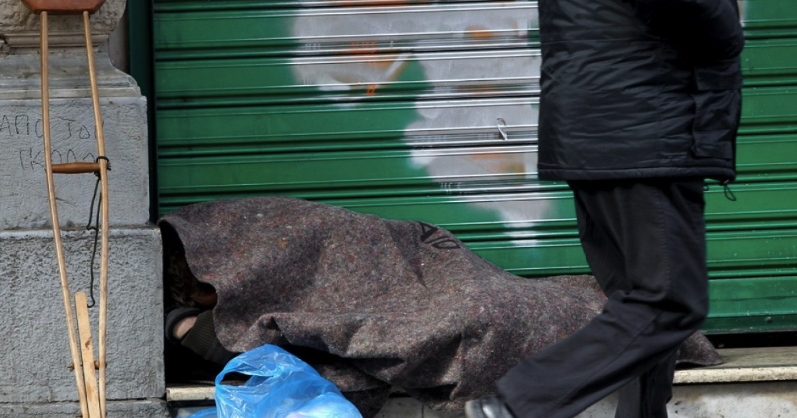Humanity has returned to its pre-pandemic level of growth, but the record high predicted for 2023 masks a gap that is now widening between rich and poor countries in a fragile world that resembles a “paper tower”, the UN has warned.
In 2020 and 2021, for the first time since its creation more than 30 years ago, the human development index, which takes into account life expectancy, education and living standards, had declined for two years in a row and had returned to the level it was five years earlier due to the accumulation of unprecedented crises, including Covid-19.
But since then “we have seen a recovery” explains to Agence France-Presse Achim Steiner, head of the United Nations Development Programme (UNDP), who released this report today.
Thus, the estimates for 2023 predict an all-time record for the index at the global level, with a return of all its components “above pre-2019 levels”, although Covid and the impact of the war in Ukraine slowed the previously expected trajectory.
But what appears to be good news masks an unexpected gap between rich and poor countries.
“The first time I saw the results, I asked the team to verify the data,” Pedro Conceisao, in charge of the report, told reporters.
“We find that the poorest and most vulnerable segments of our society have been left behind,” while the UN’s 2030 development goals are that no one should be ‘left behind’, starting “with those furthest behind in the queue,” he said.
And this result is “very worrying” after “20 years in which countries have converged in terms of incomes, life expectancy and education;” insists Achim Shinar.
Sweden, Norway and Iceland remain at the top of the growth index list.
Like them, the rest of the OECD countries regained in 2023 the level of growth where they were in 2019.
“Distrust and polarisation”
At the bottom of the ranking, Somalia, South Sudan and the Central African Republic.
More than half of the less developed countries have not recovered from the effects of the pandemic, the majority of them on the African continent.
There is also an “extreme group” of countries such as Sudan, Afghanistan or Myanmar where “the combination of the pandemic, fiscal crises and conflicts, sometimes civil wars, traps them in a situation where recovery is not on the agenda”, Ahim Steiner also says, rejecting “the usual narrative according to which the world is recovering”.
According to the UNDP, Afghanistan, for example, has lost 10 years in terms of human development, and in Ukraine the indicator is at its lowest point since 2004.
At the same time, the widening gap poses a greater risk to a multipolar world, more divided than ever.
“We live in a richer world than ever before in human history, at least in economic terms (…) But there are more people starving, more poor people for ten years now.
More and more wars around the world, with tens of thousands of refugees,” notes Achim Steiner. “It is a world more precarious, turning against itself.”
Mitsotakis to the EPP: No border change can be tolerated by Europe – Watch his speech
The report “Breaking the Gridlock: reimagining cooperation in a polarized world” explores the gaps in international cooperation, highlighting a “democratic paradox”.
Thus, while the majority of the world’s inhabitants say they support democratic values, ‘populism is exploding’, ‘every man for himself’ attitudes are returning and voters are bringing to power leaders who ‘undermine’ this democracy, says the UNDP, thus placing humanity at “an unfortunate crossroads” where “mistrust and polarisation risk clashing head-on with a sick planet”.
At a time when countries must “work together”, “we are turning our partners, whom we need, into enemies”, denounces Achim Steiner.
“We are spending excessive amounts of money on defence budgets” without funding the fight against “the main risk factors of the 21st century: inequalities, climate change, cybercrime, the next pandemic”.





































